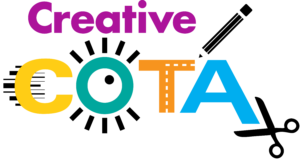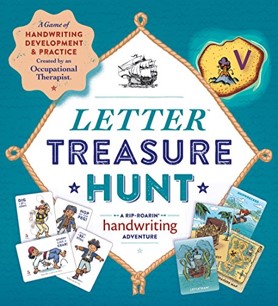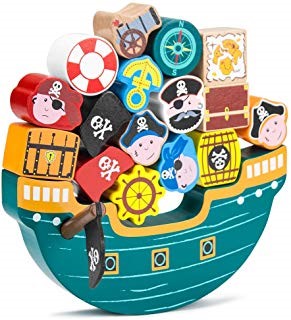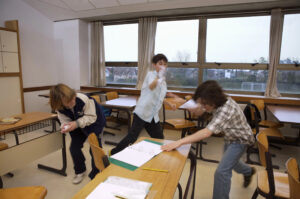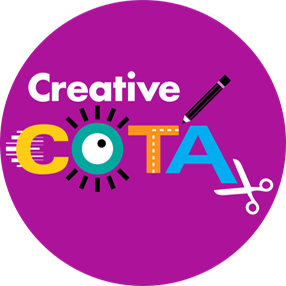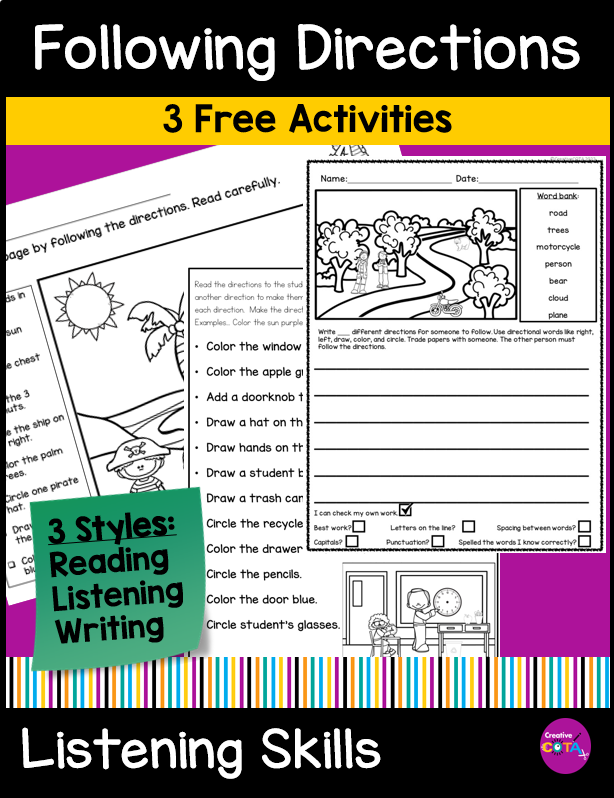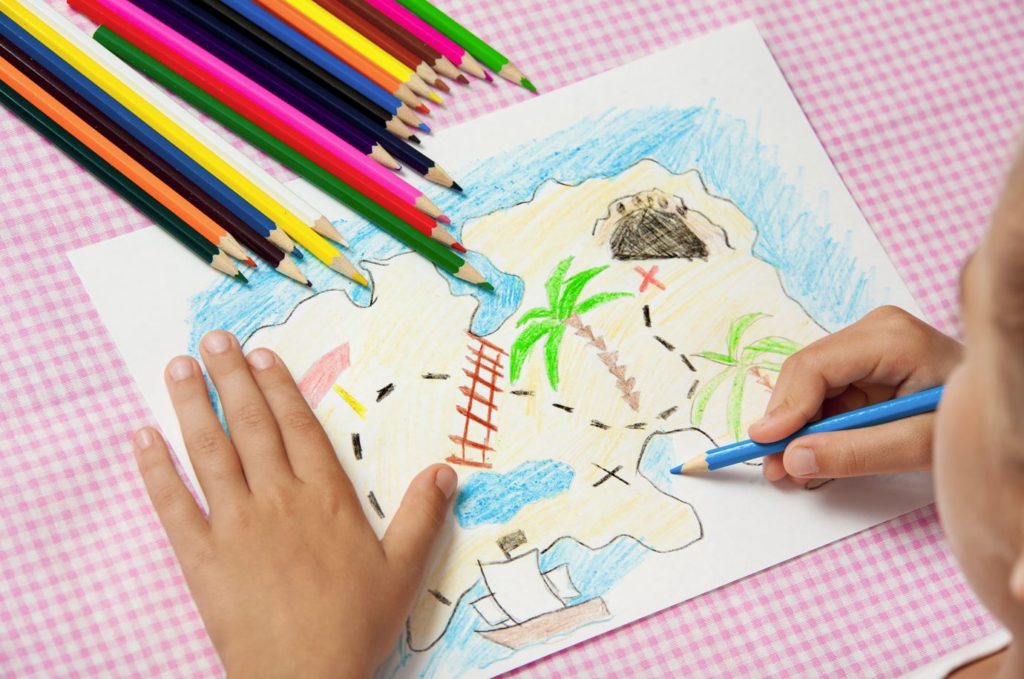
(This post contains affiliate links. If you use a link and make a purchase I will receive a small fee at no cost to you.)
September 19th is National Talk Like A Pirate Day. Need some quick ideas for your classroom or therapy sessions? I have a few pirate-themed activities, crafts, and games planned for the week to work on my students’ occupational therapy goals. I choose activities to work on fine motor, gross motor, visual perceptual skills, and social-emotional learning. You can use a pirate theme any time of the year for your OT students or in the classroom.
I try to have a new joke every day. They can be used for writing prompts or just a giggle. Here is my joke for Monday.
“What do you call a pirate with two arms, two legs, and two eyes?” “A rookie”.
Not all my students get it, but then we talk about why many are shown with hooks, peg legs, and eye patches. What does it mean to be a rookie? Why would someone that had just become a pirate still have all those parts? So many possibilities for writing prompts and discussions. You can do a Google search and find hundreds of jokes to share with your students and colleagues.

I have a variety of resources in my store. Some are print & go, some require a little prep and some are digital. Check them out by clicking on the image below.

Check out the pirate-themed worksheets in my free resource library.
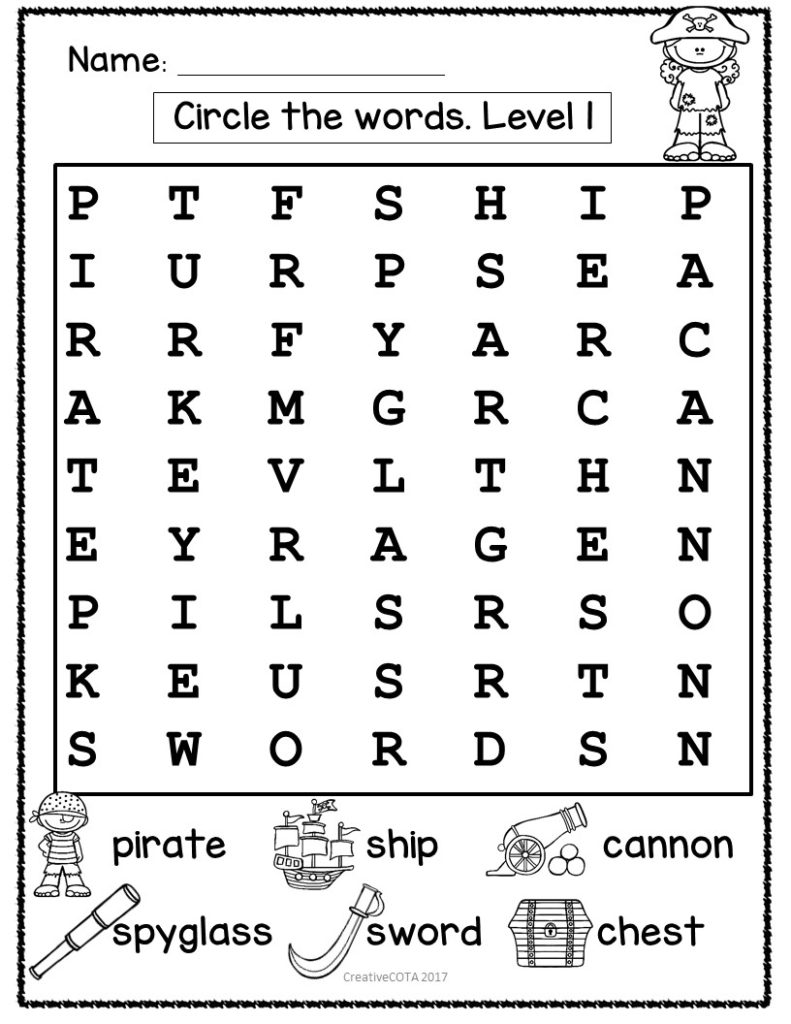
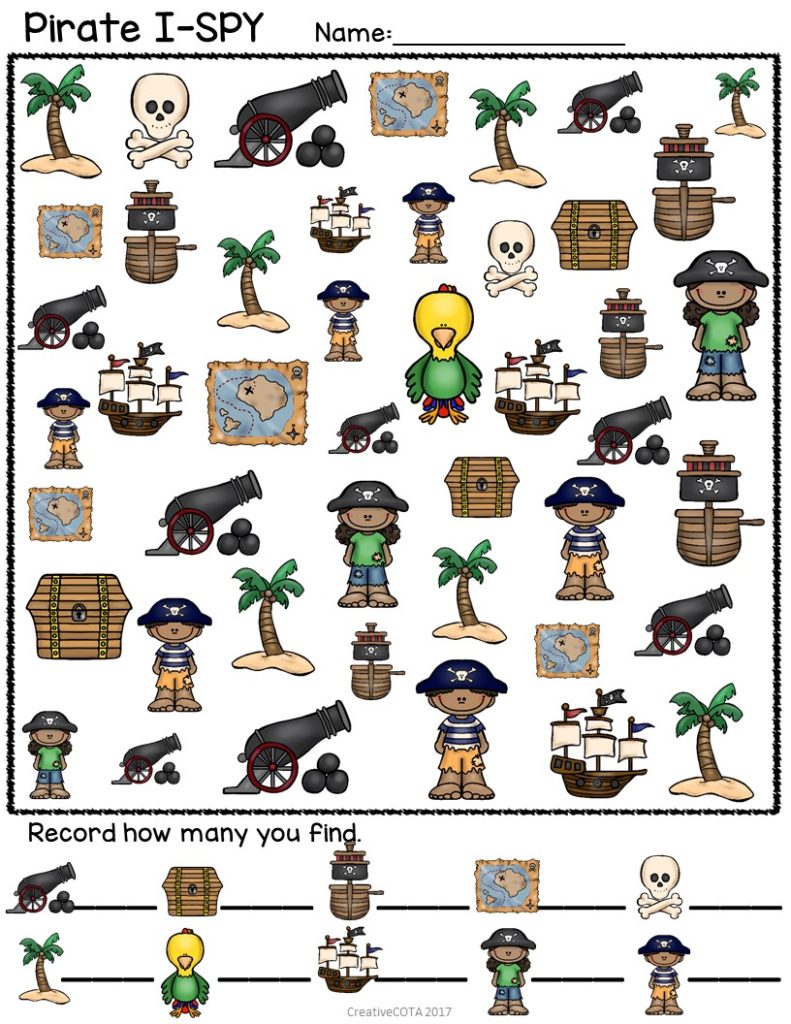
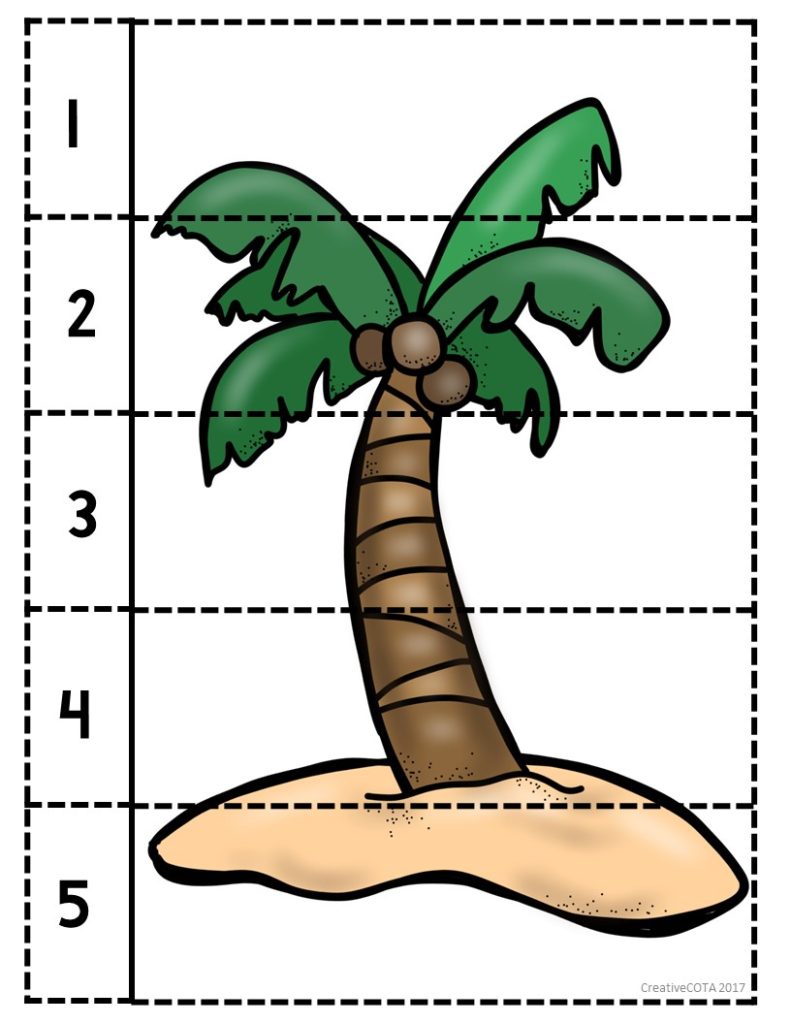
I love using digital spinners I make on wheelofnames.com for drawing and writing prompts. I used them a lot during teletherapy sessions, but they work great for in-person OT as well. Here are two pirate-themed ones for you to check out.
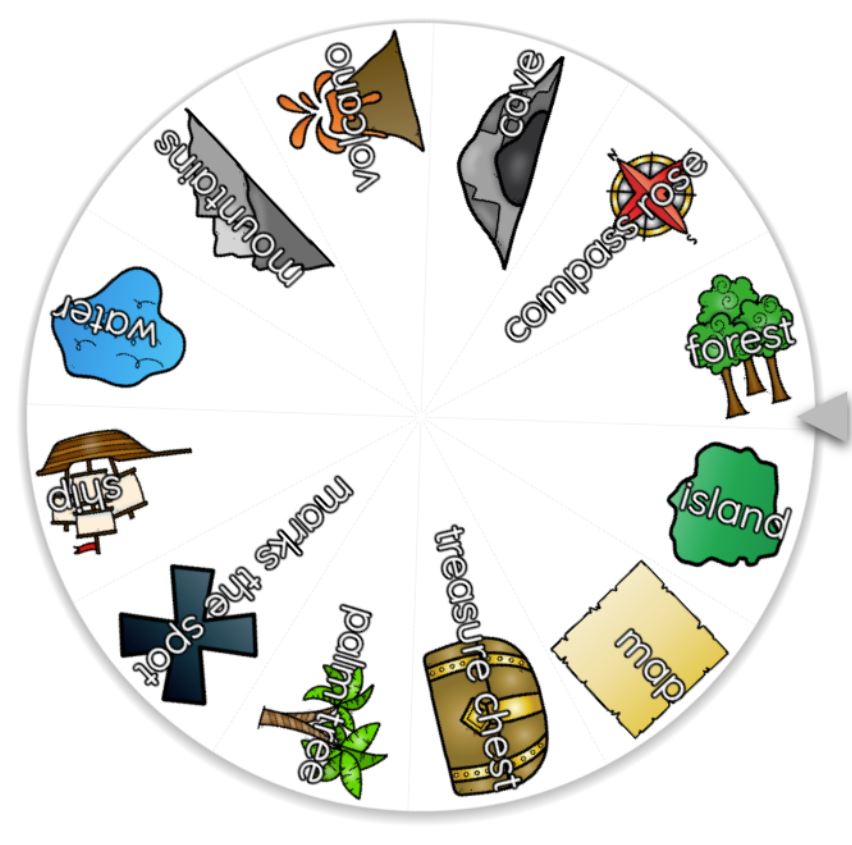
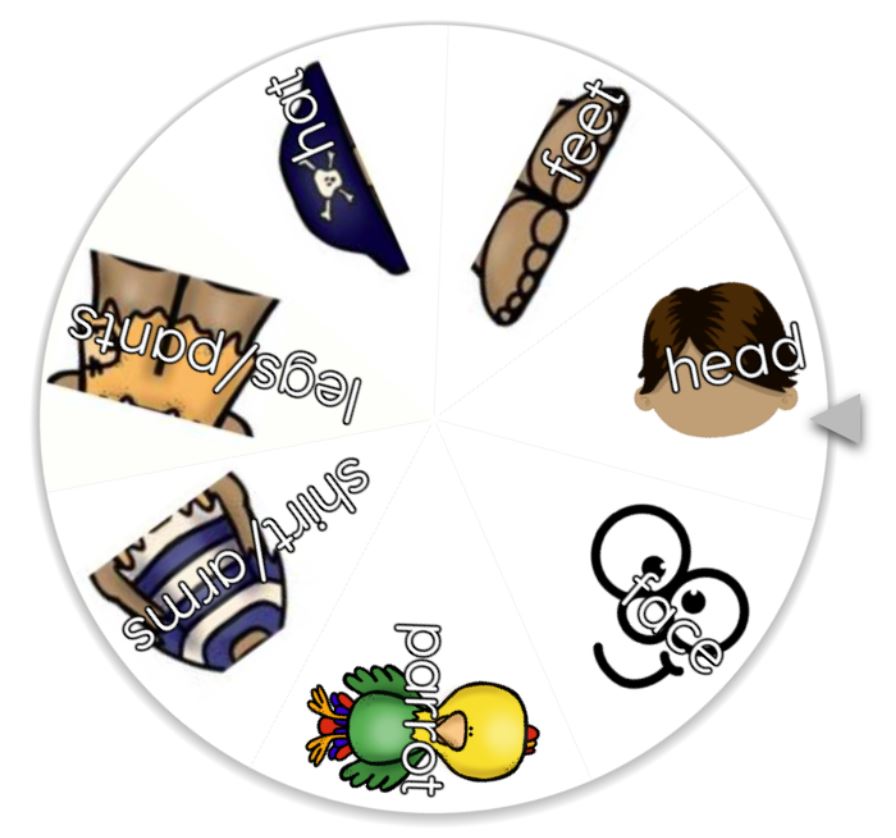
Here are a few of my favorite pirate-themed games.
This Letter Treasure hunt game is awesome. Use it for part of your therapy session or for the full time. My students who normally do not like movement activities love this and request it often throughout the year.
Great way to practice letter recognition and handwriting with a pirate twist. Incorporates exercises to promote core strengthening. Like “hop on your peg” and “scurry like a crab”.
Best of all it was created by an OT!
I modify this game for all abilities and can use it as a go-to throughout the year when I don’t have time to plan. I have students write letters, words, or sentences after they spin. For students with keyboarding goals, I have them write sentences with the words on each island.
Another favorite of my students is Blockbeard’s Balance Boat Balancing Game. They challenge themselves to figure out how to get the parts to balance. Great way to work on proprioception. For an added challenge I will take a picture of any of the successful stacks. I print and laminate them and keep them in the box. Students can use their visual perceptual skills to attempt to copy the model. It is not available in many places anymore but I found a similar game.
Here are a few of my go-to crafts. You can modify them depending on what materials you have available.
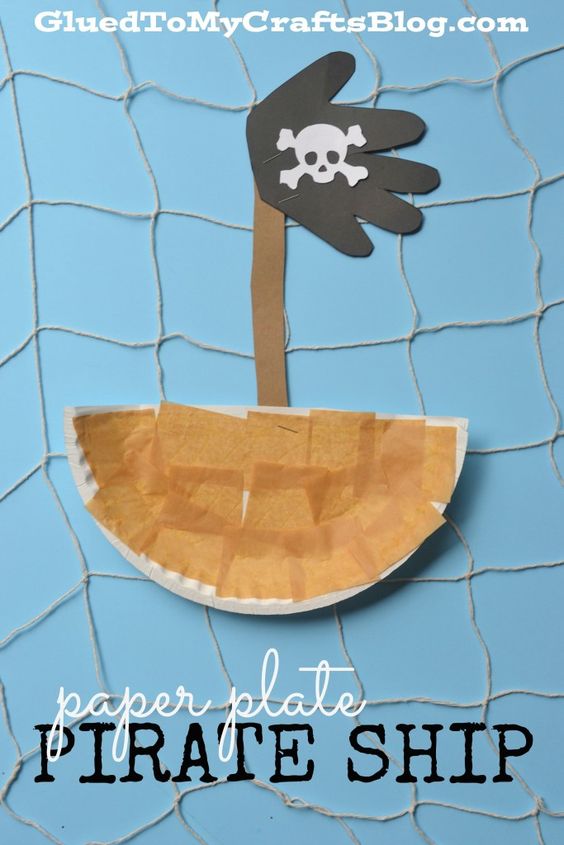
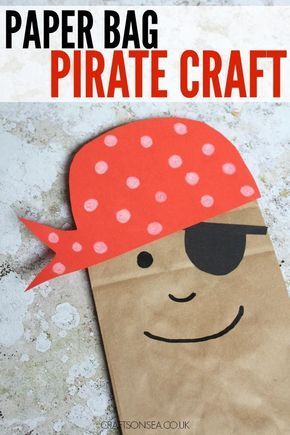
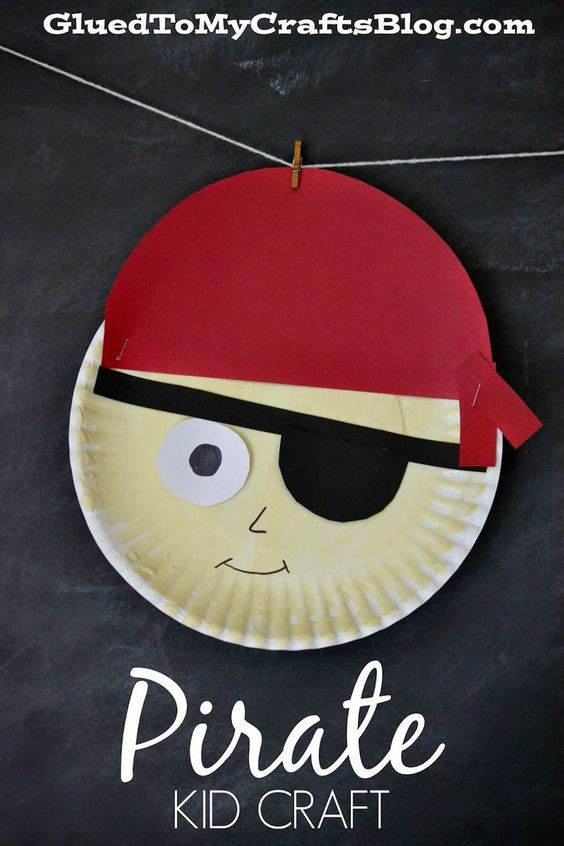
And even more ideas:
Arr matey! Celebratin’ National Talk Like a Pirate Day with occupational therapy activities be a grand idea. Here be five activities focusin’ on foundation skills like fine motor skills and visual perception. Grab yer eye patch and let’s set sail on this therapeutic adventure!
- Pirate Pincer Grab:
- Foundation Skills: Fine Motor Skills
- Materials Needed: Small plastic coins, pirate-themed stickers
- Instructions:
- Scatter the plastic coins on a table or a flat surface.
- Instruct the little buccaneers to use their pinchers (thumb and index finger) to pick up the coins and place them in a treasure chest or designated area.
- For an added challenge, have them sort the coins by size or color using pirate-themed stickers for sorting.
- Treasure Map Tracing:
- Foundation Skills: Visual Perception, Hand-Eye Coordination
- Materials Needed: Blank treasure maps, markers
- Instructions:
- Provide each pirate with a blank treasure map.
- Instruct them to trace the dotted lines of the map using markers and add landmarks such as mountains, trees and water features.
- Pirate Ship Puzzle:
- Foundation Skills: Cognitive Skills, Problem-Solving
- Materials Needed: Pirate ship puzzle
- Instructions:
- Give your young sailors a pirate ship puzzle with pieces that need to be assembled.
- Encourage them to use problem-solving skills to connect the pieces and complete the ship.
- Walk the Plank Balancing:
- Foundation Skills: Balance, Coordination
- Materials Needed: Pirate-themed balance board or a narrow plank,
- Instructions:
- Place the balance board or plank on the floor.
- Have the little pirates walk the plank while placing one foot in front of the other.
- Add challenge by placing puzzle pieces along the plank and instructing them to pick them up without falling off.
- Cannonball Toss:
- Foundation Skills: Gross Motor Skills, Hand-Eye Coordination
- Materials Needed: Soft foam balls (cannonballs) (grab these for added SEL component)
- Instructions:
- Roll the cannon balls to knock over stacked cups.
- Another idea is to have the young buccaneers toss the foam balls (cannonballs) to a peer.
- If you have the stress balls, practice the calming strategies before tossing the balls.
Arrr, may these activities bring joy and skill development to ye little pirates on this special day!
Click here to follow my TpT Store.
About the Author
I am a Certified Occupational Therapy Assistant (COTA) and have been working in a public school system for more than 25 years. My resources can be found on TPT, BOOM Learning, Made by Teachers, Classful, and Your Therapy Source. I appreciate your interest wherever you wish to shop.
My mission is to help you find creative ideas to incorporate fine motor, visual perception, gross motor, and social-emotional learning into your lessons.
I hope you consider signing up for my Free Resource Library with your Email. I send out emails about once a week and share resources, tips, and planning ideas for your classroom or occupational therapy needs. Hopefully, these help your students work on building their skills in a fun and engaging way.

